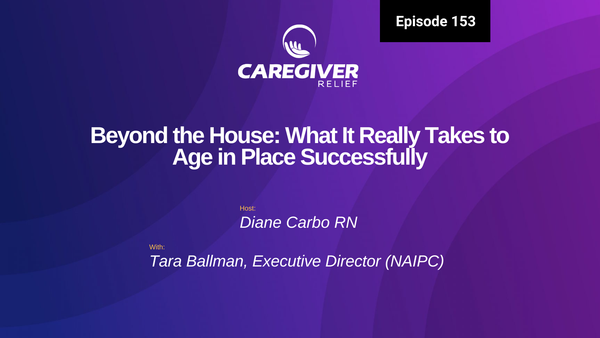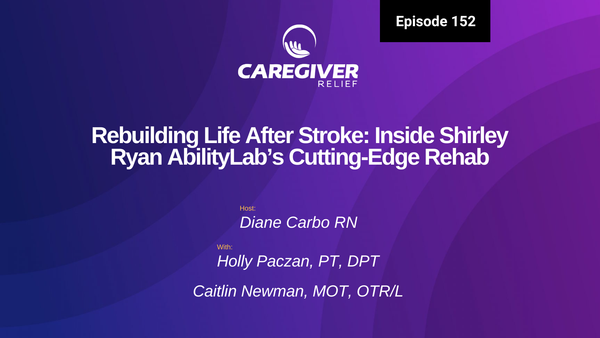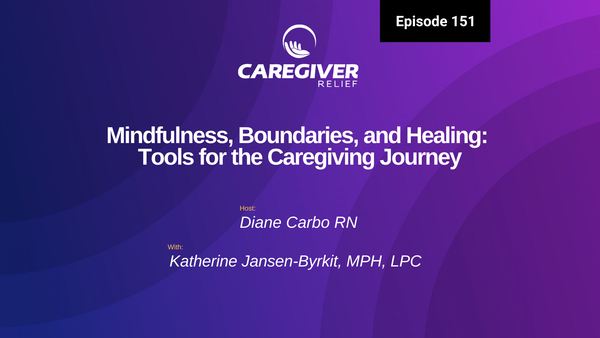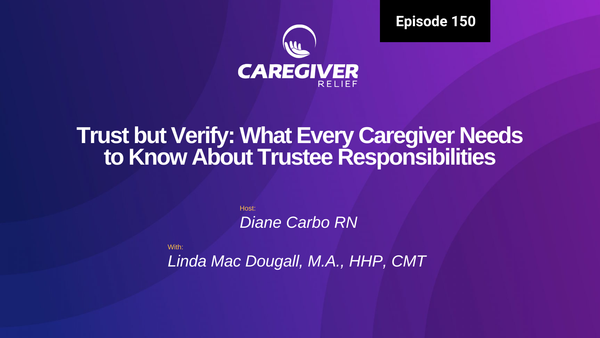The Art of Dying Well: A Conversation on Peace, Regret, and Goodbye – with Dr. John Horton - Episode 94
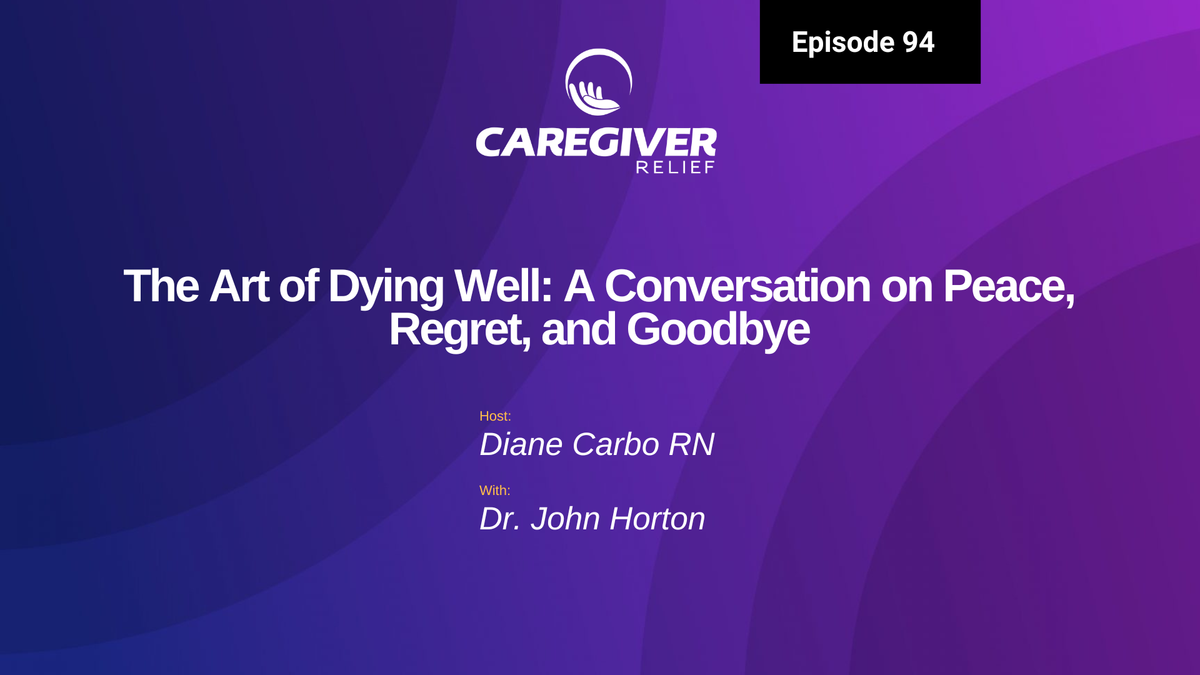
In the latest episode of the Caregiver Relief Podcast, host Diane Carbo, RN, sits down with Dr. John Horton, a physician, hospice co-founder, and co-author of Good To Go. This conversation delves into the often-avoided topic of death, offering comfort, wisdom, and clarity for caregivers, aging adults, and anyone contemplating life's final chapter.
🎙️ About the Guest
Dr. John Horton has a wealth of experience, spanning continents and cultures, from rural African villages to California hospice homes. He brings a unique blend of medical insight, spiritual depth, and life experience to the discussion on how to face death with peace and say goodbye with grace.
💡 Key Takeaways from the Conversation
- A Shift in Perspective: Dr. Horton shares a profound experience from his time in India in 1970. While an intern in San Francisco, he was stressed by the "unnecessary deaths" he witnessed, which were a result of a lack of supplies and nursing care. In India, he encountered a man who had died peacefully among family and friends while listening to a teacher speak about life. The people smiled, seeing it as "a good place to die," a concept that initially "didn't compute" for Dr. Horton but ultimately began to change his perspective on death and dying.
- The Five Understandings of "Dying Well": Dr. Horton outlines five key concepts for approaching death with peace and dignity:
- Acceptance: Acknowledge that you are going to die. Fighting or fleeing from this reality can lead to stress and denial, preventing you from enjoying your last days.
- Do It Your Way: People can approach their end of life on their own terms, like Diane's father, who went to Hawaii on hospice. It's crucial not to conform to others' ideas, including medical professionals who might push for intensive treatments that offer little upside.
- Keep It Simple: The event of dying itself is not complicated; it's the actions we take around it that are. The body knows how to shut down selectively, which can be a peaceful process.
- Resolve Regrets: Take the time to make amends and resolve any lingering regrets. Let go of your "bucket list" and focus on finding peace.
- Cultivate Peace: This is a lifelong process, but it is especially important at the end of life. Cultivating a feeling of peace will allow you to go with it when the time comes.
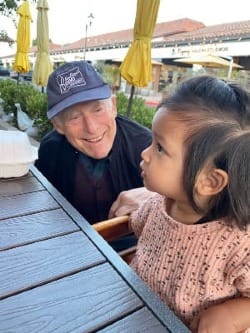
- The Role of Hospice & Misconceptions:
- Hospice is not about giving up; it's about living life to the fullest until the very end.
- A common misconception is that hospice facilitates death or that providers are motivated to shorten a person's life. Dr. Horton clarifies that hospice is there to support a person's life and make them comfortable.
- Hospice provides medications to ease pain and discomfort without interfering with consciousness, allowing for a more peaceful experience.
- Honoring a Person's Wishes: Diane and Dr. Horton discuss the importance of advanced directives and physician-ordered life-sustaining treatment (POLST) to ensure a person's wishes are respected. They share stories of patients who chose not to undergo extensive, painful treatments like CPR, opting for a dignified, peaceful death instead. They also touch on how the impersonal nature of modern healthcare can make this difficult, but how a deeper understanding of a patient's desires can lead to more compassionate care.
📝 Summary
This episode is a powerful and candid look at a topic that can be scary and overwhelming. Dr. Horton's wisdom and stories, combined with Diane's compassionate perspective, offer listeners a new way to think about death—not as a medical failure, but as a natural part of the human experience that can be faced with peace, dignity, and even joy.
Caring for a loved one can be overwhelming — but you're not alone. If you have questions, big or small, our expert team is here to help.
👉 Click here to Ask the Expert
Our Resource section can help you find the information and tools that you need. We have courses, videos, checklists, guidebooks, cheat sheets, how-to guides and more.
You can get started by clicking on the link below. We know that taking care of a loved one is hard work, but with our help you can get the support that you need.
Click here to go to Resource Section now!
You might also like this article:




